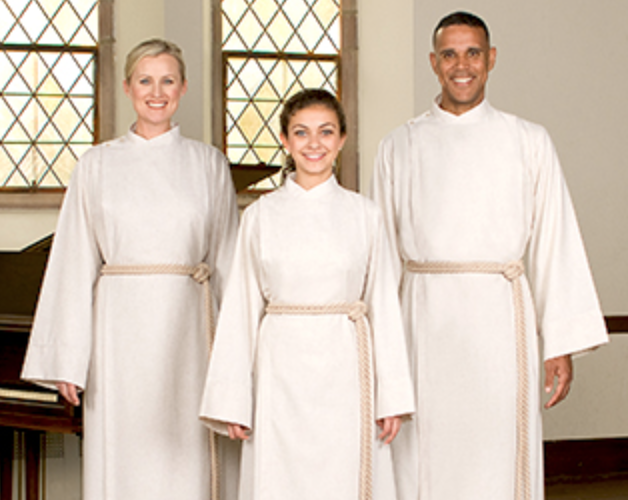QUESTION: Why does the Catholic Church spurn Masonic lodges?
THE RELIGION GUY’S ANSWER:
It probably perplexed some people, Catholics included, when the Vatican declared November 13 that Masonic lodge membership by a church member is “forbidden because of the irreconcilability between Catholic doctrine and Freemasonry.”
The announcement reaffirmed Rome’s 1983 declaration that a Catholic who joins the group is “in a state of grave sin and may not receive Holy Communion.” That earlier statement was issued to clarify this penalty because the new revision of the Code of Canon Law had removed the specific condemnation of Freemasonry by name in the prior edition of the code.
Casual observers will see Masons as men who join just another harmless lodge for fellowship and to help out with charity drives. They may have heard that Masonry is considered the world’s oldest and largest men’s fraternal organization with 2 million members in the U.S. and more than a million in other nations, according to masonicfind.com. That hardly compares with Catholicism’s global flock of 1.3 billion plus and growing.
The November ban resulted from a question posed by the bishops in the Philippines, where Masonry has growing popularity. However, U.S. lodges fret over their declining ranks.
As Masonic blogger Michael Harding comments, “All membership-based organizations, from churches, sports leagues, scouting, professional associations, labor unions, chambers of commerce and other civic groups, are all experiencing accelerating membership declines with numbers of new members not keeping pace with aging memberships and a general lack of relevancy in today’s ever-increasing time-starved lifestyles.”






